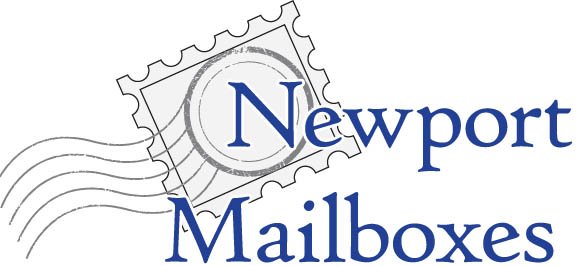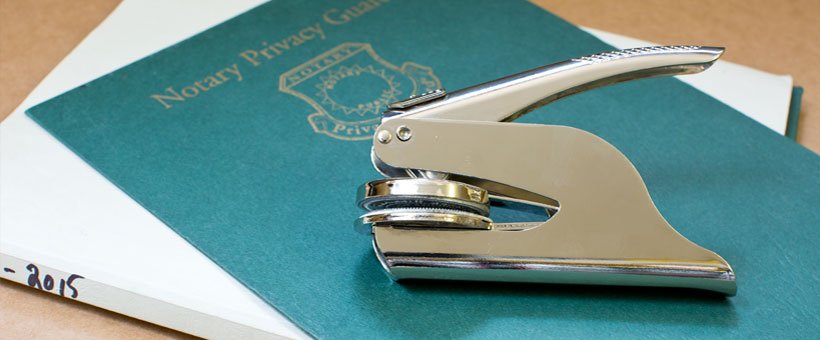In the digital age, more of our assets exist online than ever before. From cryptocurrencies to digital contracts, NFTs, and other blockchain-based assets, ensuring authenticity and security has become increasingly important. While blockchain provides an innovative way to track ownership and transactions, traditional notarization still has a crucial role to play. At Newport Beach Mailboxes, we provide notary services that complement modern technology, helping clients secure their digital assets and maintain legal credibility.
What Are Digital Assets?
Digital assets are items of value that exist in digital form. They include:
- Cryptocurrencies: Bitcoin, Ethereum, and other blockchain-based currencies.
- NFTs (Non-Fungible Tokens): Unique digital items representing art, music, or collectibles.
- Smart Contracts: Digitally executed agreements that automatically enforce contract terms.
- Online Business Records: Digital contracts, intellectual property agreements, and corporate documents.
While blockchain technology verifies transactions and ownership on a digital ledger, it does not always provide legal proof recognized in traditional courts. This is where notaries come in, bridging the gap between modern technology and legal standards.
The Role of Notaries in Digital Asset Transactions
Notaries have traditionally been responsible for verifying identities, witnessing signatures, and preventing fraud. In the digital world, these same principles can apply:
- Identity Verification
Even on a blockchain, knowing who owns an asset is critical. A notary can verify identities in transactions involving digital assets, ensuring that the parties involved are legitimate and acting willingly. - Document Authentication
Contracts and agreements related to digital assets may still need traditional documentation. A notarized document provides legal proof of an agreement or transaction that courts and institutions recognize. - Preventing Fraud
Notaries ensure that transactions are legitimate and not the result of coercion or misrepresentation. While blockchain confirms that a transaction occurred, it cannot confirm that all parties agreed voluntarily in a legally binding way. - Maintaining Records
A notary’s official record of notarization complements the blockchain ledger, providing a trusted paper trail that can be used in disputes or legal proceedings.
How Blockchain and Notarization Complement Each Other
Blockchain is excellent for tracking transactions and proving ownership, but it has limitations:
- Legal Recognition: Not all blockchain records are recognized by traditional courts.
- Identity Verification: Blockchain addresses are anonymous by design, which can make it difficult to prove who is behind a transaction.
- Dispute Resolution: If a disagreement arises, notarized records can serve as legal evidence that complements the blockchain data.
By combining notarization with blockchain technology, digital assets gain both technological security and legal credibility. This hybrid approach is particularly useful in high-value transactions, intellectual property agreements, and international digital deals.
Practical Examples of Notarization for Digital Assets
- NFT Sales
When selling a high-value NFT, a notarized agreement can confirm the buyer and seller’s identities, terms of sale, and transfer of rights, adding legal weight to the transaction. - Cryptocurrency Transfers
In business deals involving large cryptocurrency transfers, notarized contracts can establish proof of agreement and prevent disputes over ownership or transaction terms. - Digital Intellectual Property
For creators and companies, notarized documents can certify ownership of digital assets, including artwork, music, or software, ensuring legal protection if rights are challenged.
Preparing for Notarization of Digital Assets
- Bring Proper Identification
Government-issued ID is necessary to verify your identity before notarization. - Prepare Clear Documentation
Even if a transaction occurs on the blockchain, having a clear written agreement outlining ownership, responsibilities, and terms ensures legal enforceability. - Work With Experienced Notaries
Choose notaries familiar with both traditional and digital asset requirements. At Newport Beach Mailboxes, our notaries help bridge the gap between technology and legal standards.
The Future of Digital Notarization
As technology evolves, we may see more integration between notarization and blockchain. Smart contracts could include verified notarizations, providing automatic legal recognition while still benefiting from the security of blockchain. Remote online notarization may also allow clients to notarize digital asset agreements from anywhere, providing convenience without sacrificing legal integrity.
Conclusion
Digital assets represent the future of finance, art, and intellectual property, but they still require legal safeguards. Combining blockchain technology with traditional notarization provides both security and legal recognition, protecting individuals and businesses from fraud and disputes.
At Newport Beach Mailboxes, we help clients navigate this evolving landscape. Our professional notary services ensure that your digital agreements, contracts, and assets are notarized correctly, providing confidence and protection in an increasingly digital world. By integrating notarization with digital technology, you can safeguard your valuable assets while staying ahead in the modern marketplace.




